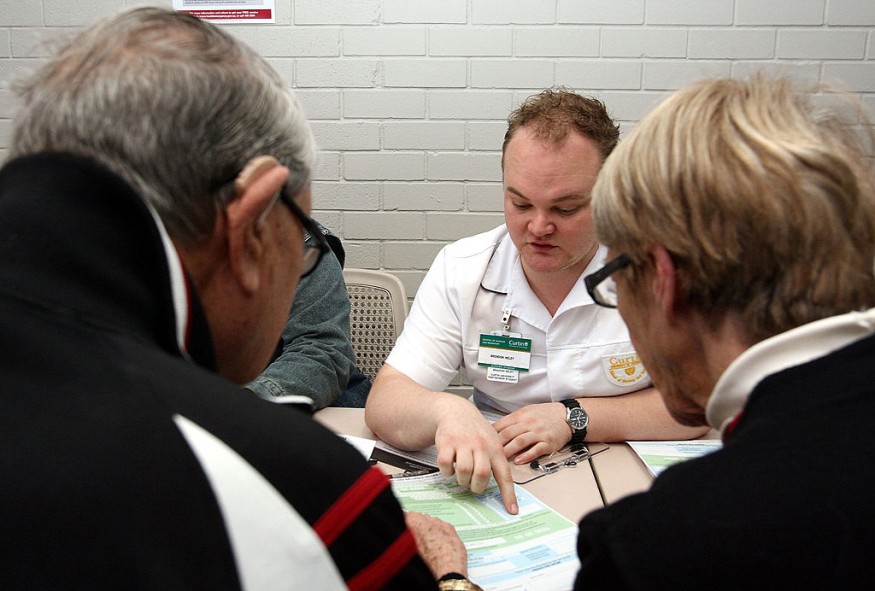Children can likely suffer from more complications of the rising cases of influenza B in parts of Australia, noting the importance of flu vaccines among young people.
Recently, The Guardian reported that an 11-year-old girl in Queensland died after contracting influenza B, adding to the rising virus cases in Australia.
Based on the report, authorities explained the importance of vaccinations to protect children from complications.
Furthermore, the Healthline report showed common Influenza B symptoms. Parents should immediately bring their young ones to the nearest hospital if they show the said symptoms.
- Sore throat, coughing, chills
- High fever, muscle pain
- Fatigue
- Other respiratory symptoms: congestion and runny nose
If Influenza B can become untreated, the report explained that it could become life-threatening.

The flu can also put at risk the following sensitive individuals:
- Older adults
- Young adults and children
- People with medical conditions or poor immune systems
- Pregnant women
Influenza B in Australia
According to The Sydney Morning Herald report, Professor Kristine Macartney explained that there had been a spike in flu outbreaks in the past two months, especially for school-aged children.
- Professor Macartney serves as director of the National Centre for Immunisation Research and Surveillance.
The report explained that children showed rare complications, including heart muscle inflammation, pneumonia and seizures.
In the ABC news report, experts were concerned about the rising cases of influenza B in Australia. In Queensland, the report noted that about 15,000 Queenslanders were diagnosed with influenza B.
Queensland Health Minister Shannon Fentiman said that there are programs to help encourage people to vaccinate.
Meanwhile, the Guardian report that flu strains could affect young ones. According to Prof. Ian Barr of Doherty Institute, influenza A(H1N1) and B viruses affect more children than older adults.
Furthermore, chief health officer Dr. Gerrard in Queensland explained that influenza B could result in severe illness, especially for unvaccinated people.
Keeping safe from flu
The best defense against influenza-like viruses is to become vaccinated. Parents should notify their doctors or local health about the significance of vaccinations.
Parents should also protect their children from flu and complications. According to the Centers for Disease Control and Prevention, healthy habits can prevent being sick from influenza infection.
Staying updated with the latest health news
- Parents and communities should keep updated with the latest health reports and surges of the influenza B. It will help them to stay prepared.
Practice disinfecting and cleaning hands
- CDC said people should disinfect while at home, at school and traveling. It will help avoid contracting the virus.
- Washing your hands with soap will also save your family from infection. Bringing alcohol and sanitizers is essential.
Stay at home if needed.
- If you or your family feels sick, it is best to stay at home. Parents should also check if their children show signs of influenza B infection,
- Avoiding close contact would be helpful to prevent getting the virus.
Did you know?
According to the World Health Organization (WHO), there are said to be four types of influenza viruses: Influenza A, B, C and D.
Related Article : Dengue Fever To Reach Historic High Record, WHO Report Shows
For more similar stories, don't forget to follow Nature World News.
© 2025 NatureWorldNews.com All rights reserved. Do not reproduce without permission.





